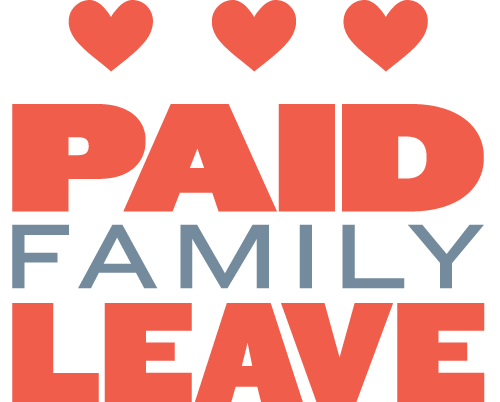This is a guest post by Dyana Forester, President of Metro-Washington Council, AFL-CIO. It is shared with permission from the National Partnership for Women and Families.
In 2016, working people in the District of Columbia won a huge victory to enact paid family and medical leave so that no worker in the District would be forced to choose between meeting their care needs and earning a paycheck. Now, the D.C. Council has the chance to expand and strengthen paid leave for the workers who need it most, and they must seize the opportunity.
Black and brown people in D.C. have seen some of the worst racial disparities in COVID-19 deaths and vaccinations in the country. At the same time, the national economic fallout of the pandemic hit communities of color the hardest: people of color, particularly women, disproportionately worked in industries hit by pandemic-related closures, layoffs and reduced hours. And that is on top of the longstanding health and economic racial disparities that already existed before the pandemic.
The D.C. Council can meet this moment by passing the Labor Committee’s proposal to strengthen paid leave and expand medical leave to six weeks for the next year. The recommendations include much-needed improvements that will especially increase access for Black and brown workers in the District. These improvements would also relieve pressure on the unemployment iInsurance system by helping workers keep their jobs during personal and family health emergencies. The recommendations include:
Expanding leave for workers who take time off for their own personal medical needs from two weeks to six weeks in Fiscal Year 2022. Systemic racism and other forms of discrimination can lead to worse health outcomes for Black people, Native Americans, Latinx people and AAPI people, including chronic conditions, pregnancy and childbirth complications, maternal mortality, and greater vulnerability to public health crises like the coronavirus pandemic. Research shows that paid family and medical leave programs help address these inequities. Longer personal medical leave benefits will help people with health conditions maintain their incomes and jobs while enabling them to seek timely treatment and rest. This will in turn help these workers stay attached to the workforce and avoid extended periods of unemployment.
Providing paid leave benefits to workers regardless of whether they are employed at the time leave is needed. The pandemic pushed millions of people of color, particularly women, out of jobs and out of the workforce due to increased family caregiving needs and being concentrated in industries hit hardest by the pandemic. Black and Latina women experienced the sharpest drops in employment in spring of 2020, and while most men experienced a steady, if slow, return to jobs later in the year, women actually saw a second round of job losses in late 2020. Making paid leave available to people who have lost their jobs will be a lifeline to workers of color who are struggling to return to the workforce after the pandemic.
Strengthening job protection. Workers of color face substantial discrimination in the labor market and in workplaces. They are more likely to experience racism and sexual harassment as well as other forms of retaliation, are typically laid off first during economic downturns and tend to experience longer periods of unemployment due to discrimination in hiring. The longer resume gaps and shorter job tenure caused by racism in the economy mean that workers of color are less likely to meet strict eligibility rules for job protection under the federal and D.C. Family and Medical Leave Acts. Even for those who are eligible, workers of color are far less likely to be able to afford going without pay. Easing the eligibility requirements for job protection means that more Black and brown workers will be able to take leave without worrying that they’ll lose their jobs or be unable to pay for expenses.
Workers of color are at the heart of D.C.’s economy, families, and communities, even while they have been forced to bear the brunt of this devastating pandemic. We owe it to them to invest in paid leave.


